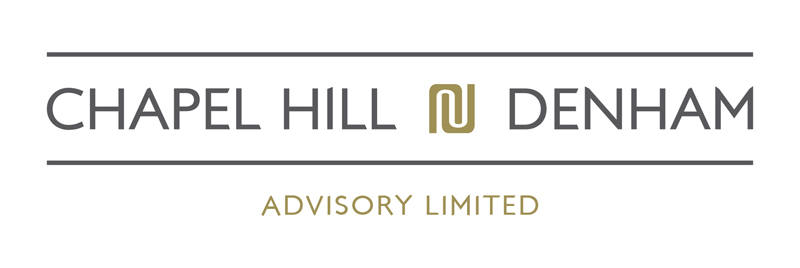Company Update: FBN Holdings Plc - Better positioned, but macro risks threaten recovery story (09 April 2020)

Better positioned, but macro risks threaten recovery story
New 3-year strategic plan commences amid tough macro conditions. FBNH’s prior 3-year strategic plan ended in 2019, with the major highlight being the achievement of a single digit NPL ratio of 9.9%, an offshoot of the overhauling of the bank’s risk management framework and resolution of legacy NPLs. The bank was also able to improve its revenue generation from non-interest income sources, mainly digital banking income, supported by investments in digital channels. Management disclosed the commencement of a new 3-year strategic plan, which aims at accelerating profitability across the group by having a more diversified portfolio. Some of the bank’s performance metrics over the next 3 years include focus on digital banking, operational efficiency, and African expansion. Following management’s investments in technology, we expect growth in digital transaction volumes to further strengthen the bank’s positioning on electronic banking in FY-20E. We expect increased customer switch to digital channels to support cost efficiency from FY-20E onwards. However, we see the currently low yield environment amid COVID-19 induced economic slowdown as downside risks to operating income and efficiency. On the African expansion, management plans to optimise its current footprint across Africa and is open to inorganic opportunities in existing countries as well as other pan African markets.
Macro headwinds could stall FBNH’s asset quality recovery, but management is less worried on potential impact. We like the material improvement in FBNH’s asset quality post the 2014 oil price crash. Notably, the cost of risk and NPL ratio fell from the peak of 9.4% and 24.4% respectively in FY-16 to 2.6% and 9.9% in FY-19. It is also worth noting that FBNH has resolved its legacy asset quality issues and reported that its vintage NPL ratio is less than 1%. The bank also currently operates a new credit culture to ensure stronger asset quality. However, the currently weak macroeconomic environment stoked by corona virus disruptions to output and lower crude oil prices, suggests asset quality is at risk in FY-20E. Thus, we forecast the cost of risk and NPL ratio at 4.0% and 12% respectively. Although FBNH is yet to provide specific guidance for key ratios in FY-20E (guidance expected post Q1-20E results), management believes the potential impact of lower oil prices on asset quality is only in the short term. Management also believes the risk is minimised by the level of reserves and ability of these companies to generate cash flows over the longer life of assets. The bank expects that impairments will not be materially higher as the loan book will likely be restructured against these short term cash flow concerns. We recall that persistent cash flow concerns of obligors led to the material deterioration of asset quality between FY-15 and FY-16. While the loan book is cleaner, persistently weak macro conditions will likely result in weaker asset quality amid the bank’s credit control measures.
Digital and agency banking as well as FX gains to support operating income. We forecast non-interest income growth of 12.4% yoy in FY-20E vs. 20.5% yoy in FY-19, higher than our net interest income growth forecast of 0.9% yoy. While we expect net interest income to be dampened by lower yields and slower loan growth, we expect strong e-banking fees to be the main driver of non-interest income in FY-20E. Notably, management disclosed that over 85% of customer transactions are executed via the bank’s digital channels. We expect the volume of these transactions to further improve amid lockdowns across key markets in Nigeria. Management also expects its network of 53,000 agents across 772 local governments to support non-interest income in FY-20E. Furthermore, the bank expects its net long FCY position to further boost non-interest income in FY-20E, post recent NGN devaluation and estimates earnings accretion of N21bn on 9% devaluation. We see higher yields as well as further gains on derivatives and investment securities as upside risks to our operating income growth forecast of 5.0% yoy in FY-20E.
We maintain our BUY rating on FBNH, but cut our 12-month TP by 18% to N7.55. This translates to an expected total return of 80.9% (capital gain: 71.7% and FY-20E dividend yield: 9.2%). Management expects further earnings retention to support the capital adequacy ratio, which stood at 15.5% in FY-19 (vs. regulatory minimum of 15%). Also, FX revaluation gains and non-interest income growth should support earnings and CAR in FY-20E and management believes the accretive impact of these two income lines will outweigh the impact of NGN devaluation. We note that lower-than-expected credit losses is the key upside risk to our FY-20E earnings forecasts. FBNH is trading on a FY20E P/B and ROAE of 0.2x and 9.7% respectively vs. our banking coverage average of 0.5x and 16.8% respectively.

